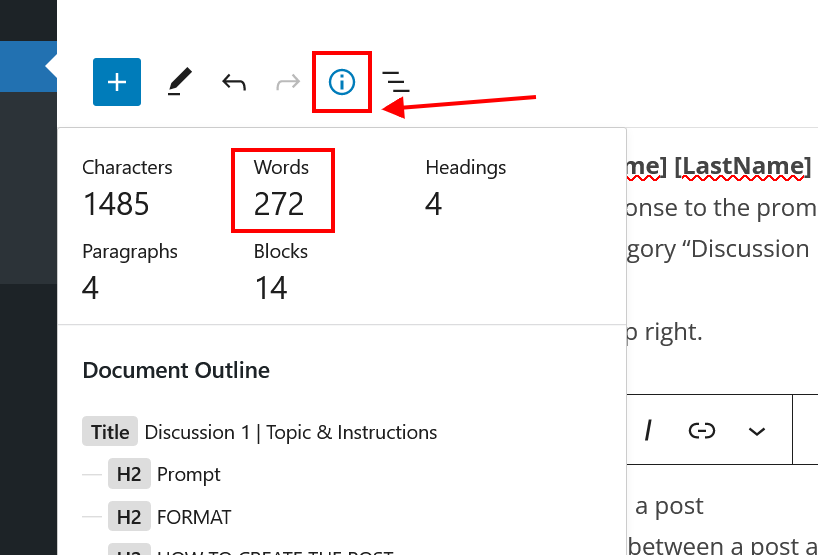There are few words that convey a far complex idea (due to historical and societal contexts) while the meaning of the word itself is easy to understand . Privilege and oppression are two of such words. In a general sense, privilege is the ability to enjoy something that other people may not enjoy. For example, beaches are a privilege people in mountainous regions don’t enjoy. Oppression is a prolonged state of being treated unjustly. One may feel oppressed by their job that overworks them. Sounds simple enough. However, privilege and oppression hold a much greater value. They are one of the key concepts that makes us understand the status quo, in terms of race, gender, sexuality, class and other socio-economic factors.
Marilyn Frye’s Oppression and Peggy McIntosh’s White Privilege both share light on how most privileged people are either unaware or don’t acknowledge their privilege. They accept that certain groups are disadvantaged but at the same time cannot grasp that it means their group is advantaged. This has a lot to do with the misconception about the term. People assume that when they’re labeled privileged, it implies that they don’t face obstacles in their lives or every thing is always easy for them. In reality, it simply means that the problems they face have nothing to do with the group they belong to. It’s a personal issue rather than a societal problem. Men telling womxn they too feel unsafe walking at night for the fear of being robbed do not seem to grasp that womxn fear that, as well as being catcalled, sexually harassed or followed home (which isn’t a fear for most men).
In the same way, oppression is also something the group in power have a hard time comprehending. They fail to understand that oppression isn’t just a minor nuisance we as humans face, irrespective of our diverse background. Oppression is a systematic barrier of discrimination, subjugation (both apparent and subtle) enforced upon a specific group to make it difficult for them to step up in society. The group in power hordes all power to maintain a sort of superiority over other groups. White people that complain that cultural appropriation doesn’t exist, or that they should be allowed to wear ethnic hairstyles justify their reasoning with “but people of color also wear suits, adapt “white culture”.” What they don’t recognize is that most of these ethnic people were forced to assimilate, forced to give up parts of their culture in order to appease white people, to make them feel safe and comfortable. A white person being told they can’t wear indigenous headdress isn’t oppression, but a Muslim woman being asked to remove her hijab is.
Having privilege isn’t necessarily a bad thing, especially since it’s not something in your control. It is how you utilize your privilege that makes all the difference. You can either remain indifferent to the injustice of groups you don’t belong to, or you can choose to work towards bridging the gap between these groups. Hell, as a cis-gendered bisexual woman and a “model minority” I have certain privileges other LGBTQI+ and POCs don’t have. The basic assumption is I’m smart, hard-working and docile. Basically, I’m not considered a threat to the current power structure and hence not treated in a terribly bad manner. On the other hand, as a woman and a first gen immigrant, I am not granted the same opportunities as men or white Americans are. I do not have the bodily autonomy or sexual freedom men do. Similarly, my accent is seen as a sign of incompetency, nevermind the fact that I’m fluent in 3 languages and fair in 2 more. One can be privileged in certain regards and oppressed in others. This is true for most people, except maybe heterosexual, cis, white men. Privilege and oppression are hard to understand, except they’re actually not. You just have to be willing to learn about them.

